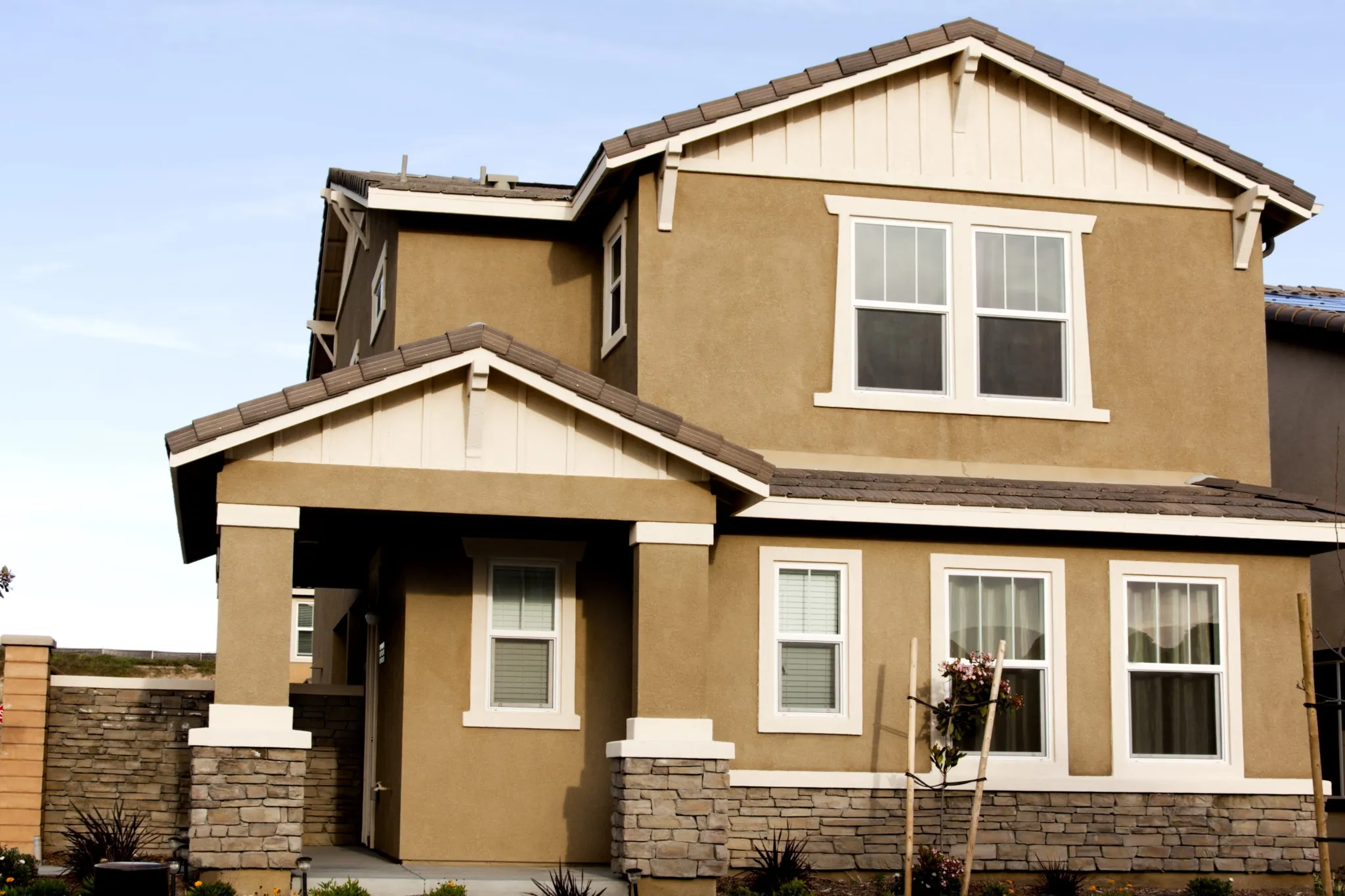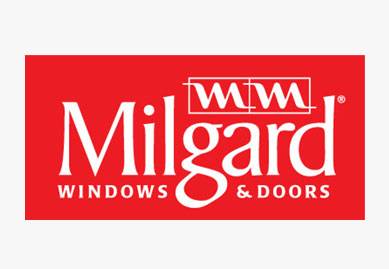How You Can Make Your Home More Energy Efficient

Nobody likes waste. At the end of the day, a more efficient home is good for everybody. Aside from the obvious environmental benefits, it’s also good for you. Reducing your energy consumption can really trim the fat off your utility bills.
Even if you have to initially invest some cash into energy-efficient home improvements, they’ll pay dividends in the long run. Here’s how you can save energy and save money by improving energy efficiency in your home.
1) Update Your Windows
Ever notice how chilly it gets next to your big front windows? If you live in an older home, there’s a good chance your windows are bleeding heat in the wintertime (and they’re leaking cool air in summer too, even if you don’t notice it as much).
Replacing old, outdated windows with newer, more energy efficient models can slice as much as 15% off your energy bills every year. Look for insulated double-pane windows to really seal the heat in.
2) Reduce Hot Water Use
We all know that wasting water is bad, but wasting hot water is twice as bad. Not only is water going down the drain, but the energy needed to keep it hot is being squandered as well. It’s an easily avoidable waste.
Saving water can be as simple as being more conscientious about its use. Don’t leave the water running while you wash dishes; use cold water instead of hot to brush your teeth. You can also go the extra mile by installing low-flow showerheads and investing in more energy efficient appliances, including dishwashers and laundry machines.
3) Get Smart About Light Bulbs
Light comes at a cost. Fortunately, the wildly inefficient 60- and 40-watt incandescent light bulbs that used to be so common stopped being manufactured years ago. But many homes are still not using the most efficient light bulbs.
Compact fluorescent lamps (also called CFLs) are some of the best light bulbs out there. They use a fraction of the electricity, and even though you’ll spend more per bulb, they last up to 10 years, which saves you a lot in the long run.
4) Tune Up Your HVAC
Heating and cooling is the biggest energy cost in most homes. You can reduce the amount you spend by making sure your HVAC (heating, ventilation and air conditioning) is well maintained. Keeping up with monthly filter changes will have a noticeable effect on your energy consumption.
Scheduling annual maintenance for your HVAC will help it run more efficiently as well. Plus, it will help you avoid costly furnace repairs and replacement, which can run up a bill in the thousands of dollars.
5) Move Your Fridge
If you have an old refrigerator, you’re probably well aware that replacing it with a more efficient newer model can reduce your energy usage. But have you considered the location of your fridge?
If your refrigerator sits in a spot where a lot of direct sunlight hits it every day, it’s most likely working overtime to offset the warming effects of the sun. Choose a location for your fridge that’s away from direct sunlight, and watch your energy bills shrink.
6) Improve Your Insulation
It’s easy to ignore your insulation, and if you live in an older home, you may not even know how much insulation you have, or how efficient it is. But replacing old insulation–especially in attics and crawl spaces–can have a huge impact on curbing energy waste.
The first step is to have a professional inspect your attic to determine the condition and effectiveness of the insulation. And even though having new insulation installed can be a costly project, the long-term savings are too significant to ignore.
7) Replace Your Thermostat
You might be throwing a lot of money away simply by not paying close attention to your thermostat settings. You can completely eliminate that problem by upgrading to a new adjustable thermostat. With an adjustable thermostat, you can program in a heating and cooling schedule in advance.
In winter, for example, you can set your thermostat so that it lets your home stay cooler during the middle of the day while everyone is at work, and then automatically kick the temperature up a few degrees before you get home. You can save money and energy without ever having to think about it.
Final Thoughts
Improving your home’s energy efficiency is great for the environment, and it can also be great for your wallet. No matter the season, these tips and tricks will help you cut down your energy consumption!



 all communications are private and not shared with other parties.
all communications are private and not shared with other parties.





















